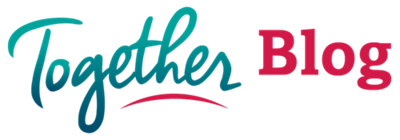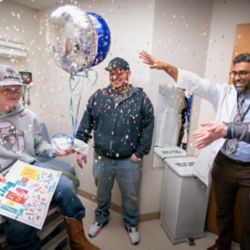Sarah’s Story: Adopting after Childhood Cancer
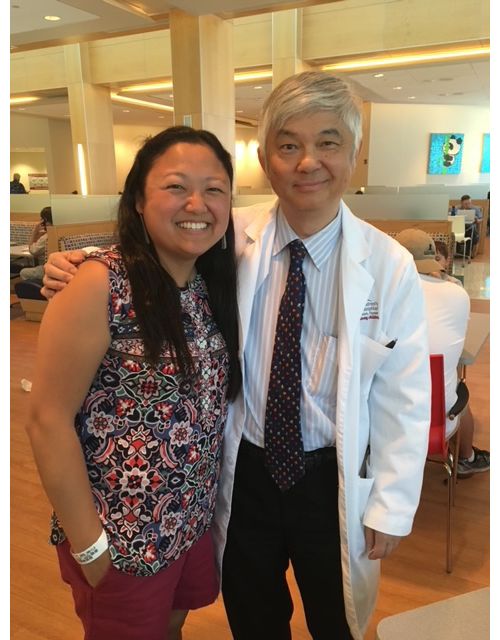
When Sarah was a childhood cancer patient being treated for Philadelphia positive acute lymphoblastic leukemia, she didn't give a lot of thought to her future ability to have children.
“My primary priority was staying alive. I didn’t think about the repercussion of my treatment. Or the delayed complications I could have later in life,” Sarah said. “Besides, at the time of my treatment, sperm and egg banking weren’t an option for patients.”
Sarah was successfully treated with chemotherapy, radiation, and a bone marrow transplant. But it wasn’t until later in life that she began to question how it would impact her ability to have children.
A difficult phone call
As a college student, Sarah received a difficult call from her doctor. Even now, she remembers the conversation and her reaction to the news.
“When I was 21, I remember getting results from my OB/GYN by phone. They told me that I was going through pre-menopause,” Sarah said. “I spent the weekend by myself in my dorm room crying. I wondered how anyone would ever want me if I couldn’t have children.”
Processing the initial news wasn’t the only challenge Sarah faced. She had to learn how to navigate dating relationships. Sarah also had to decide when to disclose that information to potential partners.
Events like baby showers for friends were difficult, too.
“I was happy and excited for my friends, but I knew my own journey to have a family would be more difficult. It was hard to see it come so easily for some people,” Sarah said.
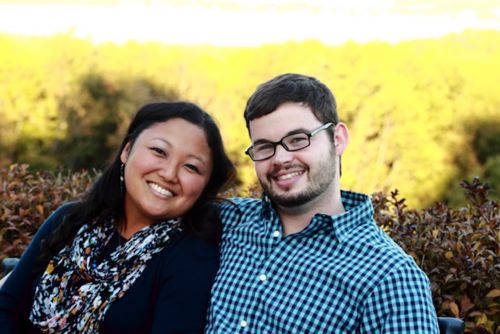
Finding love and moving forward
In 2014, Sarah met her now-husband, Toby. With him, she found a supportive and caring partner who was eager to build a family with her in a different way.
“I remember being anxious and nervous about asking Toby to join me for my follow-up appointments and screenings. And about telling him I wouldn’t be able to conceive children naturally. He said it didn't matter if you really loved someone. It only strengthened our bond,” Sarah said.
“I knew that I had found the person to build my life and family with.”
Where are they now?
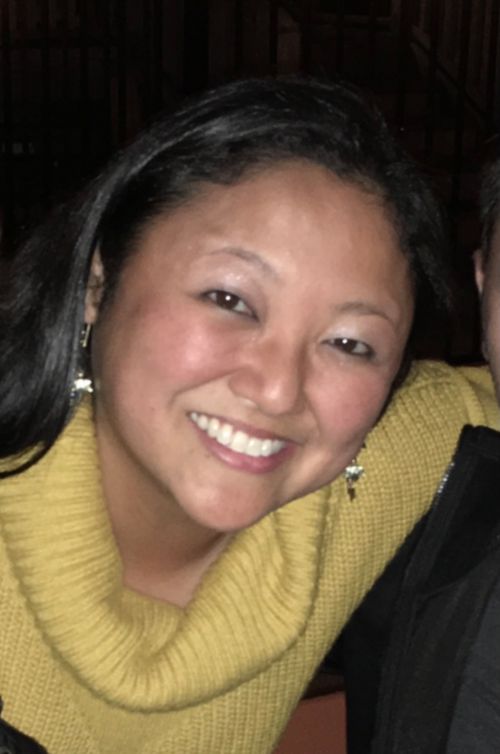
Sarah and her sister are adopted, so adoption was always an option Sarah wanted to consider.
There are other options like surrogacy for some childhood cancer survivors, but adoption through an agency was the right choice for Sarah and Toby.
“I was adopted from South Korea as an infant,” Sarah said. “Toby and I knew for a long time that adoption was how we would build our family.”
Sarah and Toby began the adoption process in April 2020, during the COVID-19 pandemic. The process includes paperwork, videos, classes, medical evaluations, and interviewing other adoptive couples.
They also worked with a social worker for a home study. A home study involves three visits to your home by a social worker. The social worker will also interview members of your family, too. They’ll use that information to create a written report about your family.
To help the process move faster, the couple did everything they could in advance for the home study program's July 2020 reopening. That included taking classes online and completing paperwork like monthly budgets.
“After our home study, we worked with a third-party vendor to produce our adoption profile book. This is an exciting but nerve-wracking process,” Sarah said. “This book is the primary item birth mothers will see when selecting you, as a couple, to be the parents for her child.”
Adoption profile books are used by agencies to help a birth mother choose an adoptive family for her child. They include pictures of the prospective parents, information about them, and pictures of their home. They’re designed to help a birth mother choose the family and environment she wants for her child.
Exploring her options and starting the aoption process
Sarah and Toby are currently waiting to be matched with a birth mother and her newborn, but they already have a nursery that includes a few “big ticket” items, including a crib. Not every couple does this before being matched, but it felt right for Sarah and Toby.
“We are so ready and excited, but we also believe that a child will be placed with us when they’re supposed to be. We remind each other to be patient and enjoy the journey,” Sarah said.
Advice for childhood cancer patients considering adoption
Patience is a key part of this process, Sarah said. Costs can be an issue, too. Adoption from private agencies can cost as much as $60,000.
Sarah encourages couples considering adoption to explore aids, grants, and donations. These may help them offset some of the costs associated with adopting a newborn.
“Take the time to apply for grants and financial help. Don’t be afraid to start a fundraising page and ask friends and family to contribute,” Sarah said. “You may be surprised and humbled by people’s generosity.”
Sarah also advises potential parents to advocate for themselves. Asking questions and taking notes are important, too.
“It’s a lot of work and a lot of paperwork. But we believe the process will be worth it in the end,” Sarah said.

